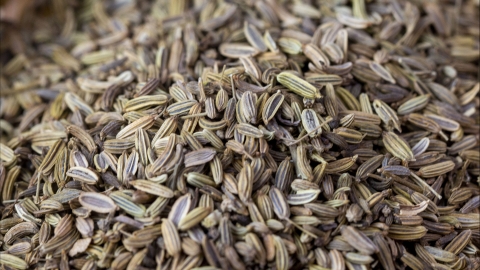Is fennel good for liver function?
Generally speaking, fennel is somewhat beneficial to liver function. The detailed analysis is as follows:

Fennel contains essential oils, including components such as anethole and anisaldehyde. These substances can stimulate the liver to secrete bile, enhance bile excretion efficiency, and help the liver more smoothly metabolize fats and toxins within the body. At the same time, various antioxidant components in fennel, such as vitamin C and flavonoids, can reduce free radical damage to liver cells, delay aging of liver tissue, and play a positive role in maintaining normal liver structure and function. Adding an appropriate amount of fennel to the daily diet, whether as a seasoning for stewing meat or making fillings, can gently regulate the liver, assist in enhancing the liver's self-repair capability, and help maintain stable metabolic and detoxification functions.
It is important to control the quantity when consuming fennel, as excessive intake may cause gastrointestinal discomforts such as bloating and nausea. Individuals with severely impaired liver function should consult a doctor before consumption to avoid adverse effects due to individual differences. When purchasing fennel, choose fresh products with bright green leaves and no signs of rot; long storage times should be avoided. The regulatory effects of fennel are limited and cannot replace medical treatments for liver diseases. If symptoms such as liver area pain or jaundice occur, immediate medical attention is necessary.








